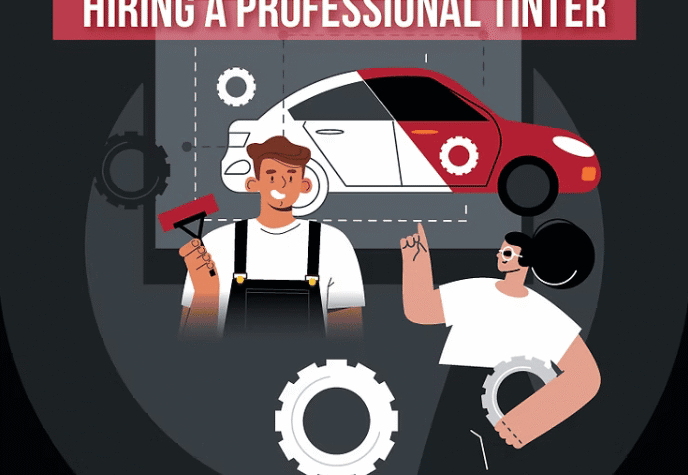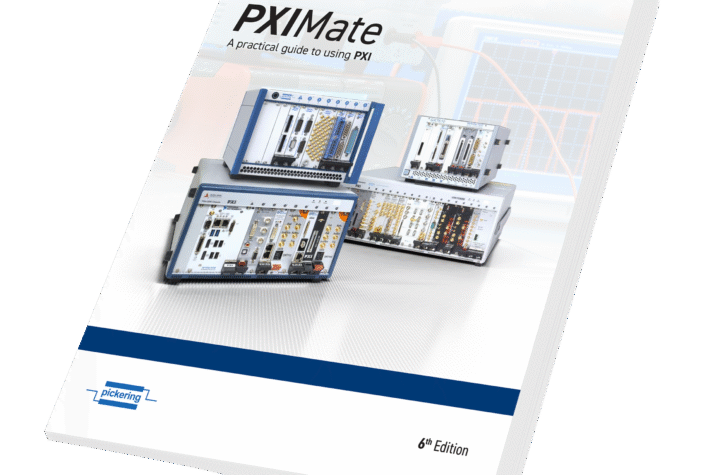
Specialty chemical developer and producer Rhodia has teamed up with global auto component supplier Faurecia to develop the next generation of lightweight automotive seat structural components using polyamide-based high-performance engineering plastics.
“As the global automotive industry continues to make significant progress in sustainability, Rhodia is proud to play an important role by supplying innovative technologies that address top challenges such as weight reduction, rolling resistance and air quality,” says Jean-Pierre Clamadieu, Chairman and CEO of Rhodia.
“Faurecia is working with game-changing materials – developed by Rhodia – and structural seating concepts to meet the substantial challenges which the automotive industry faces in producing lighter vehicles. This partnership is expected to help car makers comply with ever more stringent emissions regulations worldwide” says Patrick Koller, Executive Vice- President of Faurecia Automotive Seating.
Automotive Industries (AI) asked François Hincker, president of Rhodia Engineering Plastics, where Rhodia is represented around the world.
Hincker: We are particularly well positioned in fast-growing regions. Some 38% of our sales are in Asia, and 18% in Latin America. Under the brand name Technyl, we offer polyamide products and advanced services that answer very demanding requirements as fluid resilience, mechanical performance, fire resistance, combined with design freedom and short time cycles. Using our Technyl ranges also enables Tiers manufacturers and car makers to get easy access to weight reduction through metal substitution without sacrificing performance or safety.
AI: Is there a shift in your automotive strategy?
Hincker: We have provided Technyl engineering plastics to the automotive industry for decades. Over time we have systematically developed more and more high-performance materials for under-the-hood parts like air intake manifolds, rocker covers, and oil pans – in the process reducing weight with our performance compounds.
The new standards designed to reduce CO2 emissions through improved fuel consumption have dramatically accelerated the demand for lightweight solutions. Our ambition now is to enable our customers to respond to this trend by providing solutions for semi structural applications. We’ve started this year with seat structure components.
The ultimate objective: to provide structural parts, such as body in white, to reach the target of 95g CO2 / km by 2020. Our innovative thermoplastic composite range Evolite by Technyl – which is still under development – will be Rhodia’s EP proposal to achieve this target. Thanks to its high fluidity, complex structures can be formed with low production cycle times.
AI: What are you doing to combine high-performance materials with advanced simulation services like MMI?
Hincker: Our advanced MMI Confident Design simulation package offers our customers a very competitive advantage. MMI Confident Design is a unique service package developed with e- Xstream Engineering and its DIGIMAT software, and therefore the most cost-effective solution.
Predictive simulation includes the manufacturing process and charting behavior under various op¬erating conditions. It is the best way to find optimal weight/perfor¬mance ratio and therefore the most cost-effective solution. We of¬fer systems for designers developed by leading R&D researchers; high-performance toolsets, featuring advanced behavior models supported by DIGIMAT, and end-user assistance.
MMI Confident Design, in which our complete Technyl database is loaded, provides for precise predictions of the glass fiber behavior during the molding process – and from that the mechanical performance of the final application. As an example, using MMI to design a crash resistance application will save on time-consuming and expensive prototyping, while optimizing the quantity of material required.
AI: Would that reduce the time from conception through to part manufacturing?
Hincker: Of course. Our predictive simulation service eliminates numerous steps in part design, so reducing development time and improving cost efficiency.
AI: Does it help OEMs and their suppliers to reduce material usage (cost) and weight?
Hincker: The industry is always looking for ways of improving cost effectiveness, supporting sustainable development, fast-tracking design improvements, and reducing time to market. Polyamide can play a key role in meeting these very ambitious goals. By replacing metal in many under-the-hood and structural parts, plastics parts reduce car weight, and so CO2 emissions. Due to its excellent mechanical properties, high temperature and chemical resistance, polyamide offers very interesting recycling alternatives, and also greater flexibility and creativity in design. With a proven 50-year track record, the constantly-evolving Technyl has become a market reference for lightweight materials, thanks to its cost effectiveness/ performance ratio in the compound market; offering ideal injection process capabilities for mass production; and its easily recyclability.
AI: What other solutions for lightweight vehicles can we expect from Rhodia in the future?
Hincker: A huge weight reduction on car structure in 2020 could be possible with thermoplastic composites. Evolite by Technyl, our breakthrough PA composite range, provides an optimal balance between lightweight and performance, and is suitable for both continuous glass and carbon fibers applications. Positioned as a high performance, cost-competitive and recyclable material, Evolite is designed for a wide range of applications. These include transport seating, car bumper beams and front-end structures, and body-in-white.
Evolite’s matrix has the lowest viscosity of any polyamide. This performance is key to offering outstanding impregnation, resulting in higher reinforcement rates – of up to 62%. Parts made in Evolite show excellent strength and toughness, enhanced crash resistance and very good ageing properties. In addition, material fluidity increases the competitiveness of the process dramatically, thanks to faster production rates than thermoset technologies.
AI: Rhodia has teamed up with Faurecia to jointly develop next-generation lightweight seat structural components using polyamide materials. When will we see the results in series production?
Hincker: The seat cushion structural components jointly designed by Faurecia and Rhodia are currently in advanced development, with series production expected in 2014- 2015. Beyond this important milestone, both companies will extend their cooperation to further explore new innovative solutions to help meet automotive OEMs needs for lightweight solution












More Stories
Professional vs. DIY Tinting: What You Should Know
New updated edition of “PXIMate” reference guide for T&M engineers available from Pickering Interfaces
5 Mistakes That Can Ruin Your Car Accident Claim